Swiss struggle to fight and keep track of racism
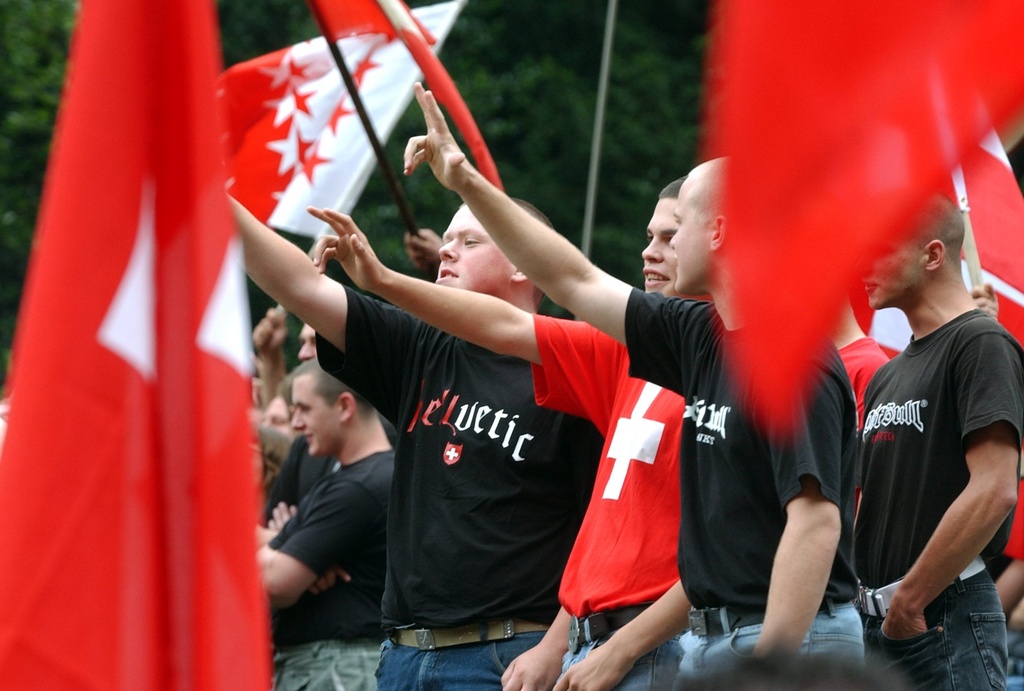
The new president of the Federal Commission against Racism says action is more important than statistical data in combating rights abuses.
Martine Brunschwig Graf, a former parliamentarian from Geneva who took up her new post at the beginning of the year, says her priority is to promote prevention efforts.
“No law can make people think or stop people from thinking. It’s just as well, but at the same time it is making our task even more complicated,” she says.
“What’s more, neither opinion polls nor surveys can bring about the necessary awareness.”
Be that as it may, there are no comprehensive figures on anti-racist activities in Switzerland, as a result of the federalist system which leaves the 26 cantons wide-ranging autonomy.
The cantonal police forces only record figures on violence in general while the Federal Commission against Racism, a government advisory body, list cases of racial discrimination as specified in the criminal code.
The number of violations of article 261bis of the code dropped to 182 last year, compared with 204 cases in 2010. But Olivier Guéniat, a criminologist and commander of the Jura cantonal police forces, says the law is “somewhat vague and includes very different scenarios”.
Another kind of annual record has been compiled by the Foundation Against Racism and Antisemitism for the past 25 years. Together with the Swiss Federation of Jewish Communities, the same group also publishes specific data on incidents in the German-speaking part of Switzerland. Yet another group, Intercommunal Coordination Against Antisemitism and Defamation, is active in the French-speaking part of the country.
Different methods
Every group has chosen a different method of compiling their statistics, its definition of racism and the seriousness of crimes, says Ronnie Bernheim of the Foundation Against Racism group.
“If we change the way incidents are counted we lose the possibility of making comparisons with the past,” he says.
Bernheim also points out that with the appearance of social media, including blogs, more cases of racism have come to light.
Trying to bring together the different methods is a bit of a headache, as Brunschwig Graf confirms, even though the cantons are making progress.
“It takes time. The Swiss do not like the idea of a centralised record,” she says.
More violence?
There are doubts about a reported increase in more serious incidents, as stated by the anti-racism group in French-speaking Switzerland, notably cases in Lausanne and Geneva where the victims were beaten up and attacked with knives.
Police commander Guéniat refuses to simply point the finger at rightwing militants.
He acknowledges that anti-Israeli sentiment might have grown as a result of the situation in Syria and other Arab countries.
“The violence in Geneva might also be copycat cases, following incidents in nearby France. But overall and compared with the total population, the number of cases remains very minor in Switzerland,” he adds.
Fears
The fact is that rightwing groups have been exploiting the growing number of foreign residents, cross-border workers from neighbouring France, Germany and Italy for their political ends.
But Brunschwig Graf dismisses a simplistic view of linking an increase in the number of foreigners directly with racist attacks.
She says the example of Geneva shows that people are not necessarily more xenophobic than elsewhere, despite having the highest foreign population in Switzerland – 40 per cent.
“On the contrary, votes on that critical issue show people here are relatively tolerant and willing to integrate foreigners. Negative reactions are more frequent in communes with a low number of foreigners.”
Many people are afraid of the faceless foreigner, according to Brunschwig Graf. She says there is a lot to be done to bring about a change in perception and mentalities.
“It’s a long process but all the more important as Switzerland is a multi-cultural society and so this requires a special commitment.”
Goals
She has made the promotion of anti-racist prevention efforts a priority alongside with the cantonal authorities and grassroots organisations.
Brunschwig Graf says while schools, the workplace and sports are all areas that attract discrimination they also afford good opportunities for promoting anti-racism.
“It’s well known that discrimination can be an issue at work, directly and indirectly, and particularly when hiring new staff. On the other hand, children at school can be taught to accept different mentalities and see it as an advantage. The same goes for sport clubs,” she explains.
As for Bernheim, he believes that Switzerland has an image problem because of racist incidents, even if there are fewer comparable cases than in other countries.
“The aggressive political propaganda by the rightwing Swiss People’s Party has shocked Europe.”
“After all, Switzerland is considered the most liberal country, behind the United States and Canada, when it comes to freedom of expression.”
And it comes at a price, he notes, as many international rightwing extremist groups, former Nazis as well as neo-Nazis, host their websites in Switzerland.
It is therefore all the more difficult for both Brunschwig Graf and Bernheim to understand why the government rejected calls to outlaw racist symbols, such as the swastika or the Nazi salute, saying the ban could not be implemented for practical reasons.
In a recent case making waves, the Federal Commission against Racism has said it will investigate a controversial story in the April 5 edition of the Swiss weekly, Weltwoche.
Commission president Brunschwig Graf said the lead story was acceptable but the front page picture generalised too much.
The conservative magazine sparked public outrage with a cover story warning against criminal gangs which featured a picture of a Roma child pointing a gun at the camera.
At least four complaints for racial incitement have been filed against the magazine, including by the Central Council of German Sinti and Roma, and two private individuals in Switzerland and Austria.
The magazine has rejected allegations of racism, saying crime tourism by Roma gangs from eastern Europe was a serious problem.
Statistics on racial incidents vary a great deal between the different anti-racism groups because of different methods applied.
The Foundation Against Racism and Antisemitism recorded 66 cases in Switzerland last year. Other groups counted 112 cases in the German-speaking part alone and 130 antisemitic incidents in French-speaking Switzerland.
Some differences are due to the use of the internet as a source of information.
(Adapted from French by Urs Geiser)

In compliance with the JTI standards
More: SWI swissinfo.ch certified by the Journalism Trust Initiative

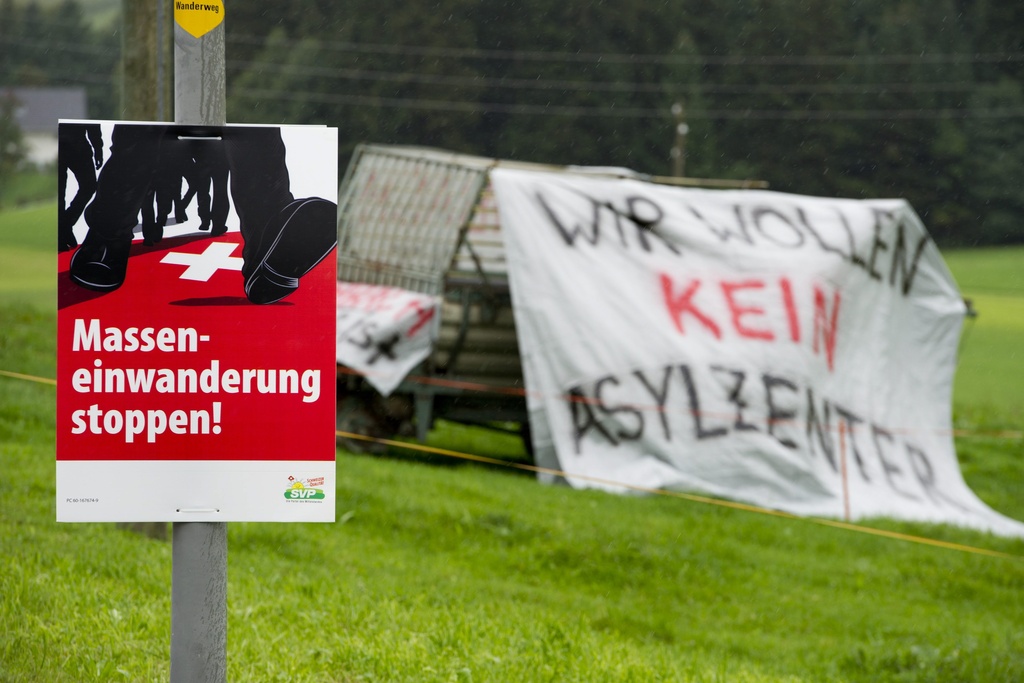
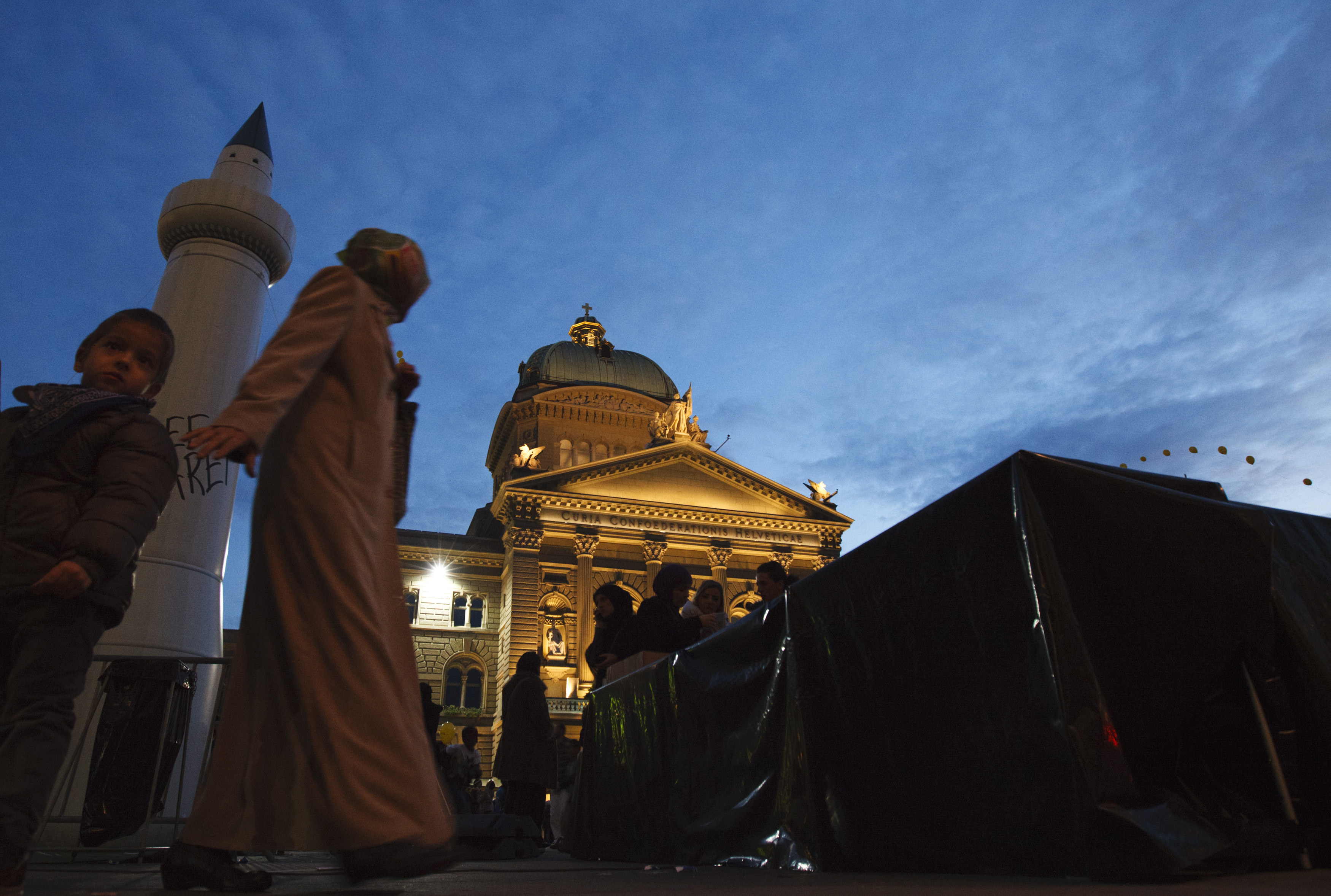
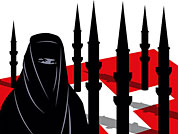
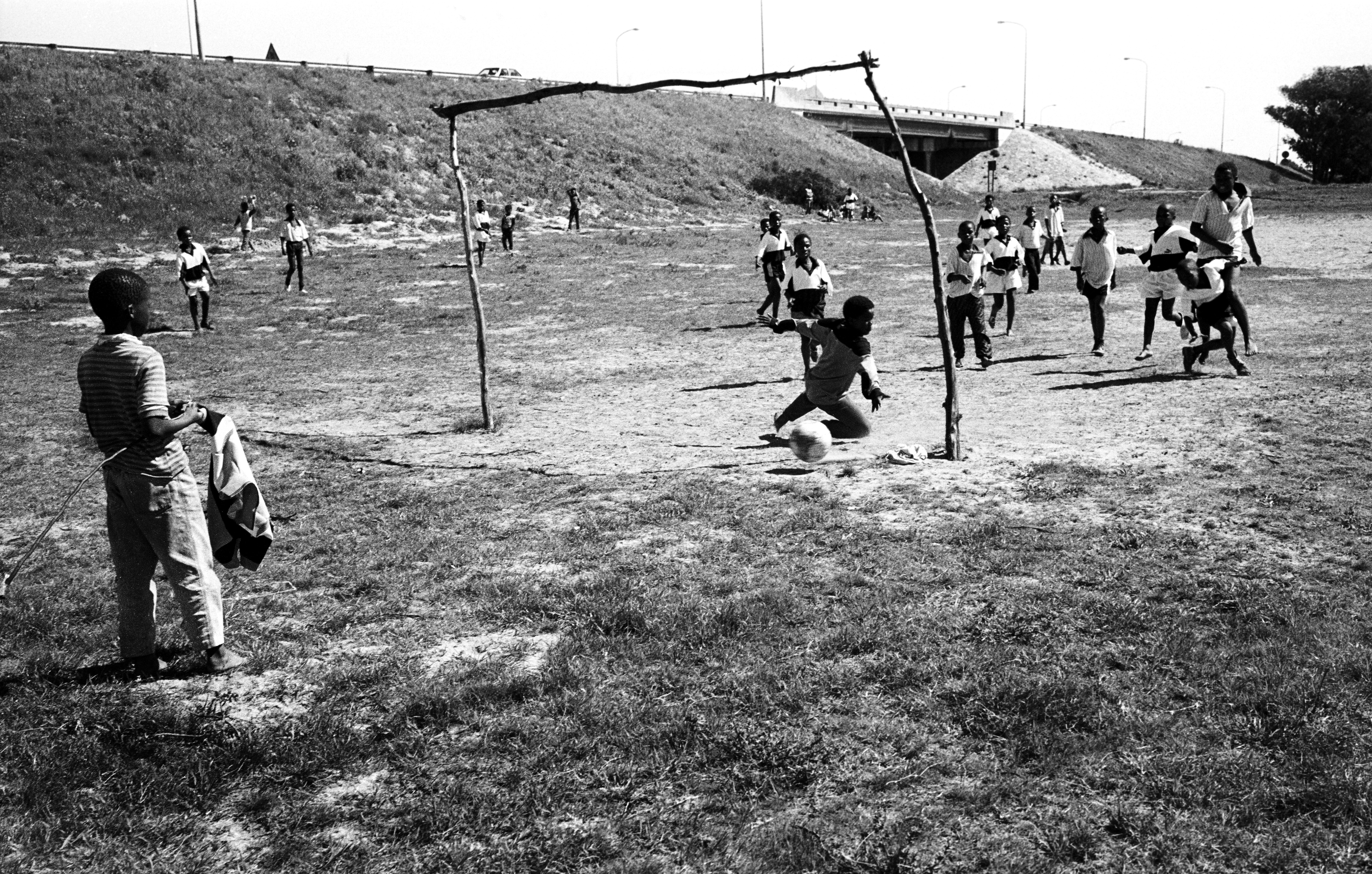
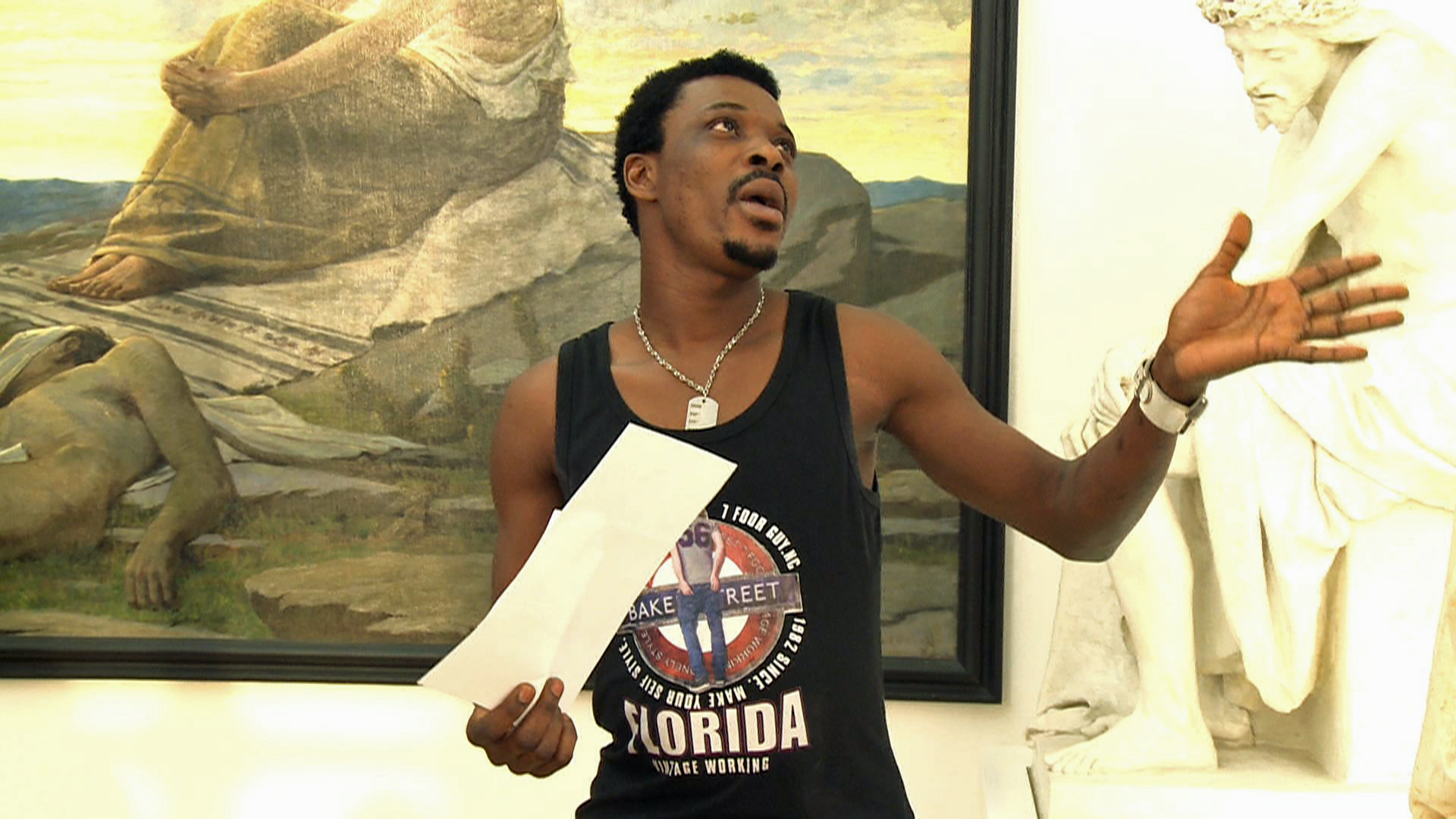
You can find an overview of ongoing debates with our journalists here. Please join us!
If you want to start a conversation about a topic raised in this article or want to report factual errors, email us at english@swissinfo.ch.